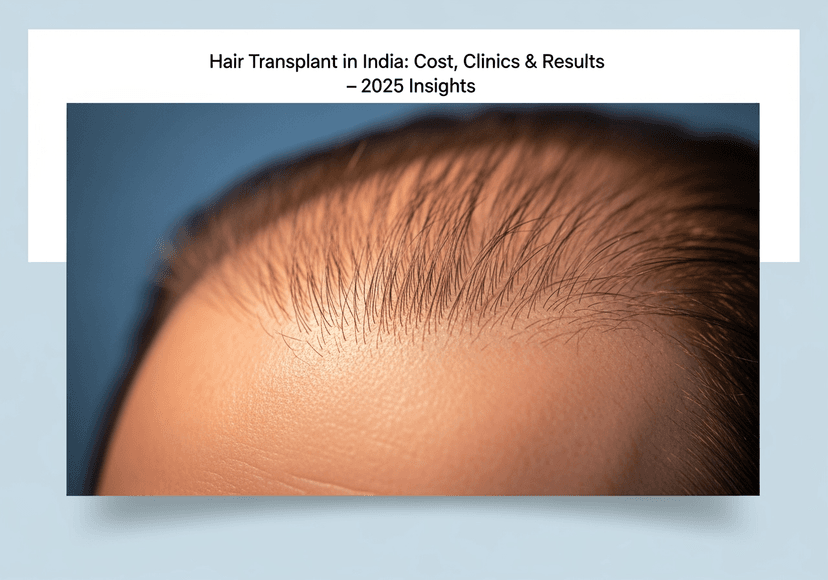
Mouth Cancer in Women: What You Need to Know
19 Oct, 2024
 Healthtrip
HealthtripAs women, we're often told to prioritize our health, but sometimes we put it on the backburner, especially when it comes to our own well-being. However, it's essential to take control of our health, and one crucial aspect of that is being aware of the risks and symptoms of mouth cancer. Mouth cancer, also known as oral cancer, is a type of cancer that affects the lips, tongue, cheeks, floor of the mouth, hard and soft palate, sinuses, and salivary glands. It's a serious disease that can be life-threatening if not detected and treated early. In this article, we'll delve into the world of mouth cancer in women, exploring the risks, symptoms, diagnosis, treatment options, and prevention strategies.
What are the Risks of Mouth Cancer in Women?
While mouth cancer can affect anyone, certain factors increase a woman's risk of developing the disease. These include:
Most popular procedures in India
Smoking and Tobacco Use
Smoking and using tobacco products are significant risk factors for mouth cancer. Tobacco contains over 70 known carcinogens that can cause cell mutations, leading to cancer. The longer you've been smoking, the higher your risk. Quitting tobacco products can significantly reduce your risk of developing mouth cancer.
Alcohol Consumption
Excessive alcohol consumption can increase your risk of mouth cancer. When you drink, the alcohol can come into contact with the tissues in your mouth, increasing the risk of cell mutations. Binge drinking and heavy drinking can further increase this risk.
Wellness Treatments
Give yourself the time to relax
Lowest Prices Guaranteed!

Lowest Prices Guaranteed!
Human Papillomavirus (HPV)
HPV is a common virus that can cause genital warts and is also linked to cervical cancer. However, some strains of HPV can also cause mouth cancer, particularly in women. Practicing safe sex and getting vaccinated against HPV can help reduce this risk.
Family History and Genetics
If you have a family history of mouth cancer, you may be at a higher risk of developing the disease. Genetic mutations can increase your risk, so it's essential to discuss your family medical history with your doctor.
What are the Symptoms of Mouth Cancer in Women?
Mouth cancer can be asymptomatic in its early stages, making it crucial to be aware of the signs and symptoms. If you experience any of the following, consult your doctor:
Unusual Lumps or Swellings
If you notice any unusual lumps or swellings in your mouth, lips, or throat, it's essential to get them checked. These lumps can be painless, but they can be a sign of mouth cancer.
Ulcers and Sores
Mouth ulcers and sores that don't heal within three weeks can be a sign of mouth cancer. If you have a persistent sore or ulcer, consult your doctor.
Pain or Numbness
If you experience persistent pain or numbness in your mouth, lips, or tongue, it could be a sign of mouth cancer. Don't ignore these symptoms; get them checked.
Difficulty Chewing or Swallowing
If you're having trouble chewing or swallowing, it could be a sign of mouth cancer. This can be a symptom of advanced mouth cancer, so it's crucial to get checked if you're experiencing any difficulties.
Diagnosis and Treatment of Mouth Cancer in Women
If your doctor suspects mouth cancer, they'll perform a physical examination and may conduct diagnostic tests, such as:
Visual Examination
Your doctor will visually examine your mouth, lips, and throat to look for any abnormalities.
Biopsy
A biopsy involves removing a small sample of tissue from your mouth or throat to examine it for cancer cells.
Imaging Tests
Imaging tests, such as X-rays, CT scans, or MRI scans, can help your doctor determine the extent of the cancer and whether it has spread.
Treatment for mouth cancer depends on the stage and location of the cancer. Common treatments include:
Surgery
Surgery may be necessary to remove the cancerous tissue and any affected lymph nodes.
Radiation Therapy
Radiation therapy uses high-energy rays to kill cancer cells. It may be used in combination with surgery or as a standalone treatment.
Chemotherapy
Chemotherapy uses drugs to kill cancer cells. It may be used in combination with surgery or radiation therapy.
Prevention Strategies for Mouth Cancer in Women
While there's no surefire way to prevent mouth cancer, there are steps you can take to reduce your risk:
Quit Smoking and Tobacco Use
Quit smoking and using tobacco products to significantly reduce your risk of mouth cancer.
Limit Alcohol Consumption
Drink in moderation and avoid binge drinking to reduce your risk of mouth cancer.
Practice Good Oral Hygiene
Brush your teeth regularly, floss daily, and visit your dentist regularly to reduce your risk of mouth cancer.
Get Vaccinated Against HPV
Get vaccinated against HPV to reduce your risk of mouth cancer and other HPV-related diseases.
Get Regular Check-Ups
Regular check-ups with your doctor and dentist can help detect mouth cancer early, when it's more treatable.
By being aware of the risks, symptoms, and prevention strategies for mouth cancer, you can take control of your health and reduce your risk of developing this serious disease. Remember, early detection is key, so don't hesitate to consult your doctor if you experience any unusual symptoms.
Related Blogs

Medical Tourism in India: Everything You Need to Know – 2025 Insights
Explore medical tourism in india: everything you need to know

Top 10 Hospitals in India for Cardiac Surgery – 2025 Insights
Explore top 10 hospitals in india for cardiac surgery –

Medical Tourism from Maldives to India: Complete Guide – 2025 Insights
Explore medical tourism from maldives to india: complete guide –

Is Medical Travel Safe? Risks and How to Minimize Them – 2025 Insights
Explore is medical travel safe? risks and how to minimize

Hair Transplant in India: Cost, Clinics & Results – 2025 Insights
Explore hair transplant in india: cost, clinics & results –

Best Cancer Hospitals in India for International Patients – 2025 Insights
Explore best cancer hospitals in india for international patients –










